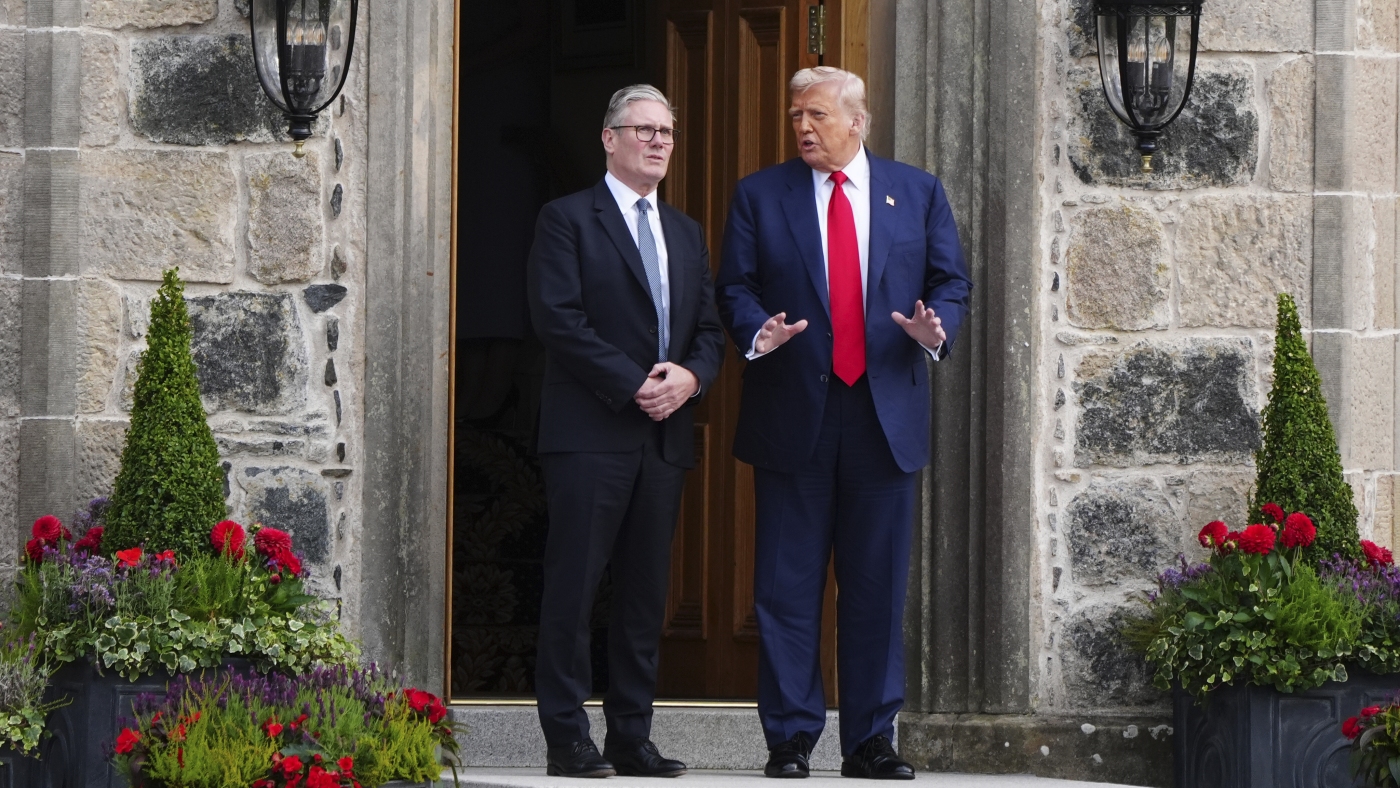
In current information, France has expressed sturdy disapproval of a proposed exchange deal among the European Union and the United States below President Trump’s administration. This improvement has sparked a wave of discussions across Europe, as countries grapple with the potential implications of such an agreement. France's stance underscores the complexities and challenges that include worldwide exchange negotiations.
The French authorities’s complaint is rooted in concerns over environmental requirements and agricultural practices that might be affected by the deal. France is especially worried that the agreement may compromise the EU's stringent environmental regulations. This reflects a broader European sentiment wherein sustainability and environmental safety are increasingly becoming non-negotiable priorities.
Moreover, there may be apprehension approximately how the deal would possibly impact European farmers, who are already facing giant demanding situations. French officials argue that an inflow of American agricultural merchandise ought to threaten the livelihood of neighborhood farmers. This concern is especially urgent given the aggressive nature of worldwide agriculture markets.
France’s vocal competition is a testomony to its dedication to uphold the values and requirements that the EU cherishes. By highlighting those concerns, France is urging different EU member states to do not forget the long-time period consequences of the exchange deal. The French stance shows a need for a greater balanced approach that does not compromise on critical troubles like environmental protection and agricultural integrity.
On the other hand, supporters of the deal argue that it can bolster financial ties among the EU and the USA, probably main to accelerated trade and investment opportunities. Proponents agree with that such an settlement may want to foster monetary boom and process advent on both facets of the Atlantic. However, those economic benefits are weighed in opposition to the possible threats to environmental and agricultural standards.
The proposed alternate deal has also reignited debates approximately the EU’s exchange coverage and its function on the global level. France’s resistance is a reminder of the numerous perspectives within the EU, which can every so often complicate consensus-constructing. This variety, at the same time as hard, is likewise a strength which could cause extra comprehensive and inclusive policy outcomes.
As discussions continue, France is looking for a more transparent negotiation manner that includes enter from a extensive range of stakeholders. French leaders are advocating for a deal that reflects the values of all EU residents. This approach aligns with the broader democratic ideas that the EU seeks to uphold in its global engagements.
The French government’s stand has sparked a broader verbal exchange approximately the destiny of EU change policy. It highlights the want for cautious consideration of both financial and ethical elements in crafting global agreements. France’s function serves as a reminder that exchange offers aren't just about economic profits, however additionally about maintaining social and environmental standards.
Looking ahead, it stays to be seen how the EU and the USA will navigate these complex negotiations. The final results of this proposed alternate deal will likely set a precedent for destiny agreements among predominant international players. France’s firm stance is probably to steer how different EU countries approach these negotiations.
In end, France’s rebuke of the EU’s alternate cope with the Trump administration is a full-size improvement within the realm of international exchange. It underscores the importance of balancing economic hobbies with social and environmental duties. As the situation unfolds, the sector might be watching closely to look how those negotiations form the future of transatlantic trade family members.










